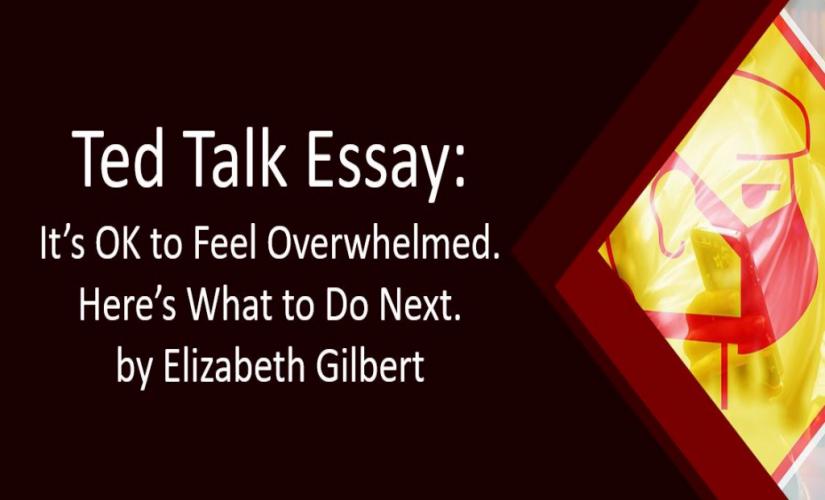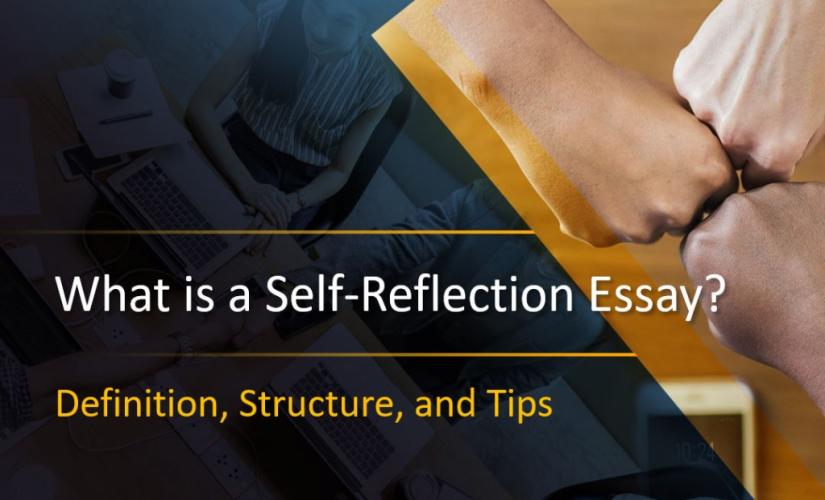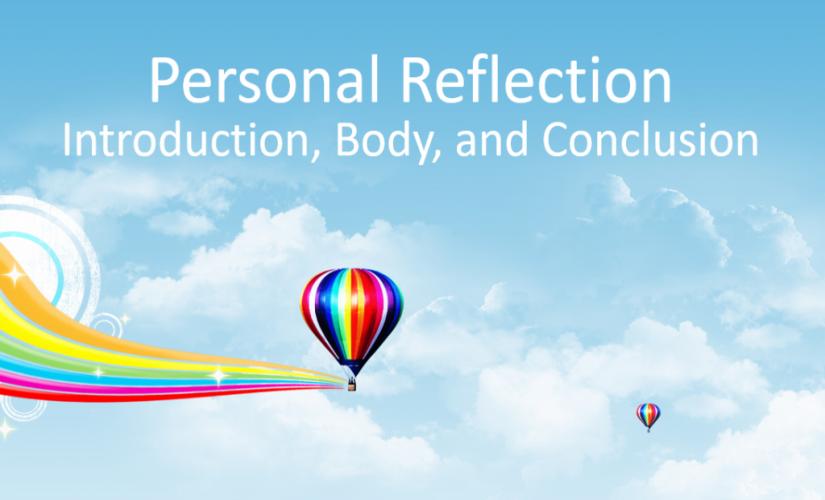By considering this Ted Talk essay on “It’s OK to Feel Overwhelmed. Here’s What to Do Next” by Elizabeth Gilbert, the video involves a virtual interview and is conducted by Helen Walters and Chris Anderson regarding the emotional impact of the COVID-19 pandemic. Human beings possess the potential to adapt even in the face of stressful events than most species. People can exhibit resilience by exploring curiosity rather than struggle with passions to manage overwhelming emotions like loneliness and righteous anger that become prevalent from isolation and news consumption during the COVID-19 pandemic.
Overwhelming Situations
The primary point in the review material relates to overwhelming situations, like pandemics. For example, Gilbert says, “… and I think I’m on day seventeen of no human contact other than virtually, and I’m well” (00:02:16 – 00:02:23). Gilbert is well despite people crave social interaction when lonely. The video looks into human resilience, the need to avoid excess negative information, and embracing adaptation.

Bad News
The TED talk relates to human experience since people watch a lot of COVID-19 news, and they are angry at the mismanagement. Sainato postulates that US healthcare workers feel they will get forced to report to work even after contracting the coronavirus (par. 2). Like Gilbert, people get righteous anger from such news. Consequently, the righteous anger toward the government requires a critical outlook of resilience.
Human Resilience
The video stresses on human resilience and that human beings improve their security from difficult situations. Gilbert posits that “Human beings can adapt to anything” (00:51:10 – 00:51:12). In this case, people should employ coping mechanisms. The video gives them knowledge and hope concerning survival during situations like lockdown. Gilbert comes at a time when the country and the world experience anxiousness at the macro and micro levels.
Applying the Information
People can apply the information when dealing with righteous anger by doing their best to solve the problem and assure wellness. When exposed to negative news that leads to righteous indignation, individuals rate themselves as being more moral (Green et al. 205). They need to balance the moral self-elevation by writing a letter of love like Gilbert. The message of love contains affirmations, such as a vital contribution to the compassionate self. Hence, self-care through a note of love and not elevating the sense of morality than other people proves critical.
Curiosity and Passion
The surprising concept from the video is that people should follow curiosities rather than passions. Working on curiosities becomes essential since it involves “universal experience that causes you to want to look at something just a tiny bit closer” (00:17:56 – 00:17:59). The stance may inspire people to meditate and find ways to assure wellness despite the grave situation. In turn, Kuenen et al. state that, like human beings, companies should optimize the productivity of working-age workers beyond fifty years, who will constitute 30% of the workforce by the year 2050 (8). The notion reiterates our resilience, and people should explore curiosities rather than try to change everything. Exploring interest contributes to resilience.
Conclusion
Hence, Gilbert’s Ted video reveals that human beings possess resilience, and people should apply this knowledge by reducing the amount of news they watch and read and explore curiosity. The video relates to the COVID-19 pandemic situation, as people live in restrained settings in quarantine and at home. Moreover, responding to righteous anger by doing what one can reasonably do to solve the case creates calm when harmonized with writing a love letter.
Works Cited
Gilbert, Elizabeth. “It’s OK to Feel Overwhelmed. Here’s What to Do Next.” TED, 2020, www.ted.com/talks/elizabeth_gilbert_it_s_ok_to_feel_overwhelmed_here_s_what_to_do_next#t-7256.
Green, Jeffrey D., et al. “Self-Enhancement, Righteous Anger, and Moral Grandiosity.” Self and Identity, vol. 18, no. 2, 2019, pp. 201-216.
Kuenen, Jan W., et al. Global Aging: How Companies Adapt to the New Reality. The Boston Consulting Group, 2011.
Sainato, Michael. “US Hospital Workers Fear Prospect of Working While Sick Amid Virus Surge.” The Guardian, 2020, www.theguardian.com/world/2020/apr/01/us-hospital-workers-work-while-sick-coronavirus-surge.


